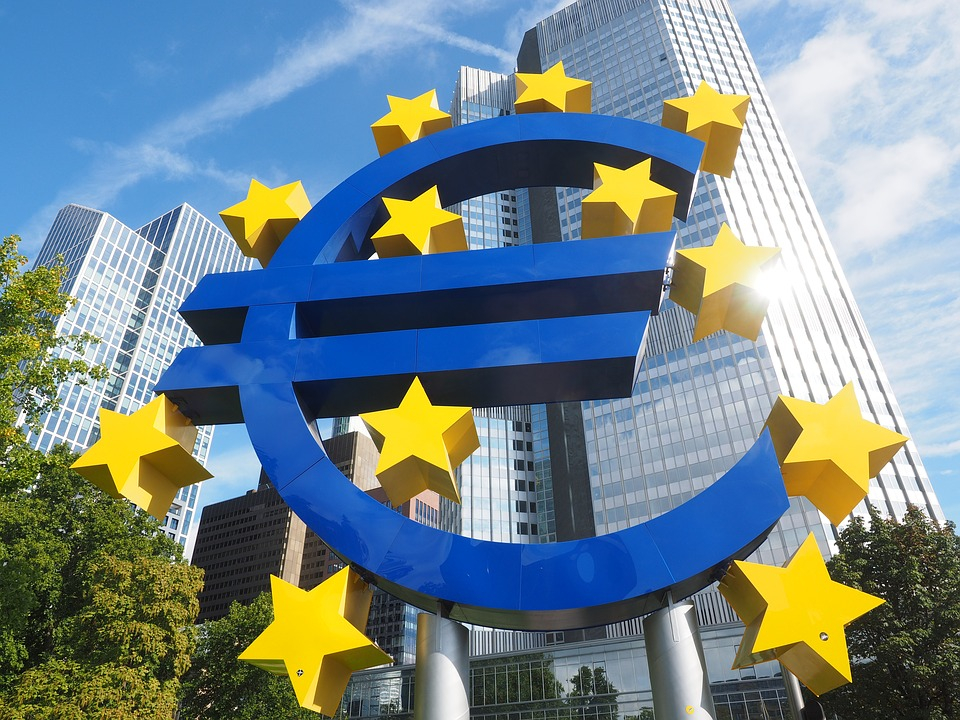As Poslovni Dnevnik/Marina Marovic writes, here is no alternative to joining the Eurozone for Croatia, as it was part of the referendum the country held on joining the bloc. It did so back in July 2013 and according to experts, all the benefits of Croatian Eurozone accession greatly exceed the potential costs and risks. The Croatian economy has an extremely high degree of euroisation despite still using the kuna as it is tied to the euro, and around 70% of people’s savings in Croatia are in the bloc’s single currency.
Therefore, kuna devaluation is simply not an option, because the balance effect would be significantly more difficult for the Croatian economy to handle than any gains on the export front.
The biggest advantages of Croatian Eurozone accession
This high rate of Croatian euroisation originates from the time of the former state of Yugoslavia when, due to hyperinflation, the German mark was the currency used to preserve the value of money in the country. This means that regardless of Croatia having its very own currency for less than three decades, this sense of illusory monetary sovereignty will not actually be lost, but the risks involved in everything financial will be greatly reduced.
The absolute biggest advantage of Croatian Eurozone accession on January the 1st, 2023 comes in the form of significantly lower risks and reduced borrowing costs. In addition to the reduction in interest rates, which also maintains a better investment rating, additional borrowing will be made much easier because joining the Eurozone frees up significant funds (about 160 billion kuna in total) currently tied up as minimum foreign currency claims. In addition to that, the country’s banks will reduce currency risks and improve overall stability.
In addition to lower interest rates and borrowing costs, Croatia will become more attractive for both investors and tourists (75 percent of them come from the Eurozone, and tourism makes up 20 percent of the nation’s economic activity). Additionally, conversion costs for capital transactions such as the sale of property and land, the prices of which have been expressed in euros for a long time now, will be reduced.
Aside from property and other forms of real estate, renting an apartment or buying a car is also usually expressed in euros. By joining the Eurozone, Croatia is merely formalising some of the existing conventions. An additional advantage is that Croatia will be able to count on ECB support in case of any liquidity problems.
Croatian banks will lose out when it comes to conversion fees (about a fifth of their profit, or 1.5 billion kuna), and have additional ATM costs (totalling about 900 million kuna). Exchange offices will largely be out of business. The one-time cost of introducing the euro in Croatia will cost the banks an enormous 100 million kuna, and the cost of the entire adjustment will be paid for by other sectors of the economy, especially retail and telecoms. The average cost for large retail chains will stand at around 30 million euros, for telecoms it is around 20 million euros, and for smaller companies the cost of introducing the euro isn’t expected to exceed 10,000 euros.
Uncertain times…
Croatian Eurozone accession is finally occurring in incredibly uncertain times in which it is really difficult to comply with all the requirements for convergence – known as the Maastricht criteria – and yet all the basic indicators were assessed as positive and successful in the latest report and decision back on July the 12th, 2022 The biggest risk is in the galloping rate of inflation.
Back in April 2022, the annual average rate of HICP inflation in Croatia stood at 4.7%, which is below the reference value of 4.9% for the price stability criterion. This value was decisive for the final decision on Eurozone accession in 2023. That said, by the time June rolled around, inflation crossed over into the concerning land of double digits, and the last July value of 12.3% was significantly higher than the average inflation in the Eurozone of 8.6%. The Baltic countries, all of which are now members of the Eurozone, have already registered inflations of more than 20%.
Just joining the euro brings a one-time increase in prices, but on average such an increase amounts to about 0.3% and in the context of current inflation is negligible. The dual display of prices (in both kuna and euros) serves to reduce this risk, and in general, the preparation for the introduction of the euro in Croatia is systematic and thorough, so that these risks are minimal.
In the long term, one would expect convergence of both prices and real income, but in practice there are many other factors that influence whether this actually happens or not. In addition to inflation – foreign exchange markets have experienced tectonic shifts. Croatia is now joining the club of prestigious countries when the euro is at its worst so far – and is at parity with the dollar, which has not happened in the last 20 years. There are several reasons for a strong dollar and a weak euro, but the most important one lies in the fact that the ECB is reluctant to raise interest rates.
The reason for the ECB’s lack of reaction is multifaceted, but the fact is that inflation in the EU hasn’t been caused by an increase in demand, but rather by an increase in energy and food prices. On the other hand, inflation across the pond in the United States of America is more a consequence of the post-pandemic recovery of the economy than anything else.
For more, make sure to check out our dedicated politics section.











